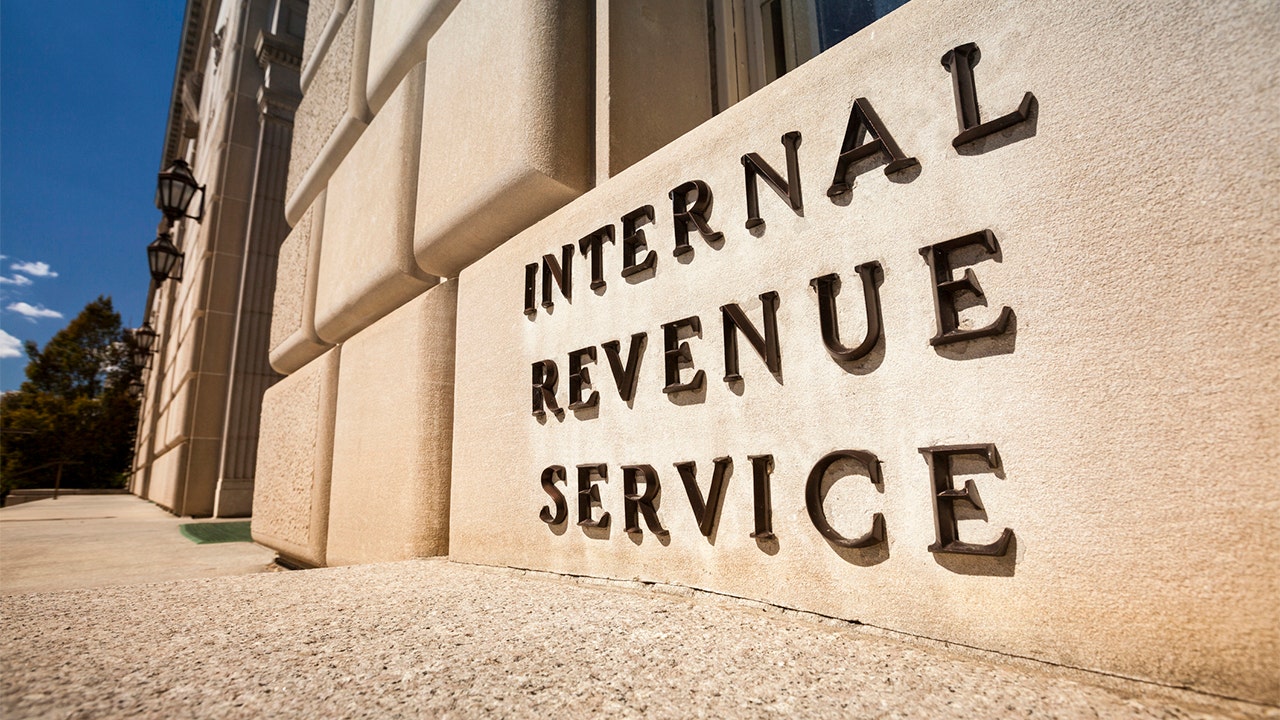Ray From Cleveland
Diamond Member
- Aug 16, 2015
- 97,215
- 37,439
- 2,290
I like the idea but.....
How long would it take a Democrat congress to divert those taxes to pork spending special interests?
If they do, the tax increases and they would have to explain to their constituents why that is. The only way to avoid that is if they cut something else in it's place to keep the deficit from increasing.
:max_bytes(150000):strip_icc()/GettyImages-909655428-201b48965f7a4b6392fdb8e7970d350a.jpg)
